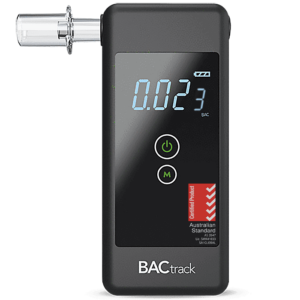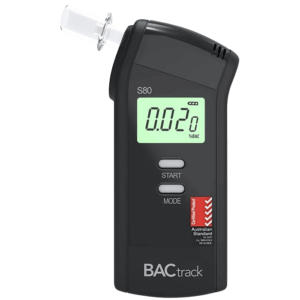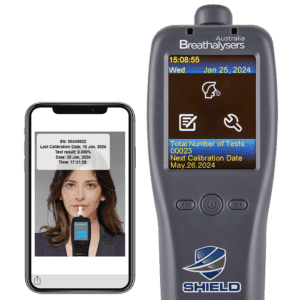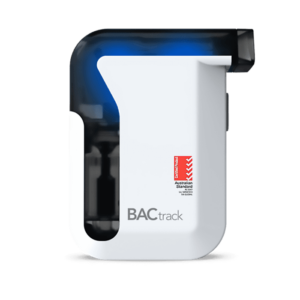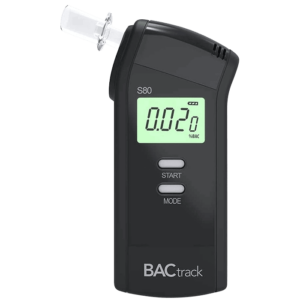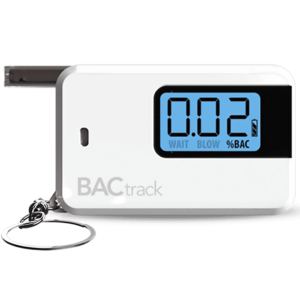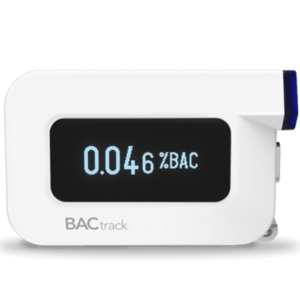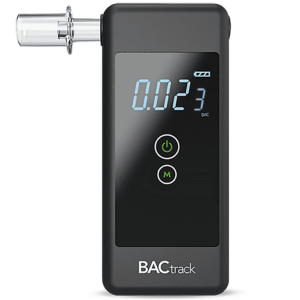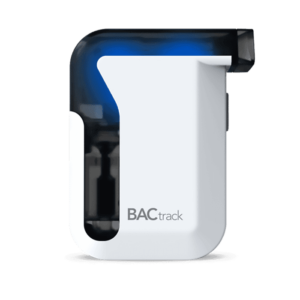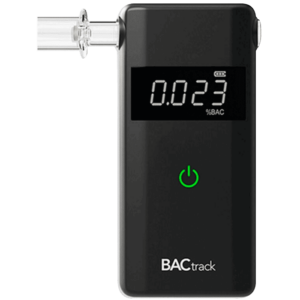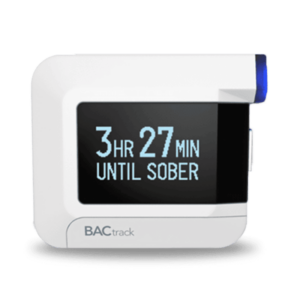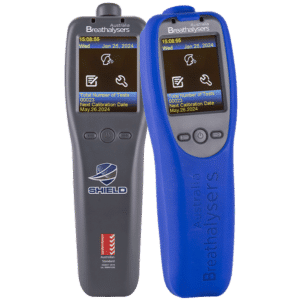Drug Test After Accident At Work: Why Is It Essential?
07 September, 2023
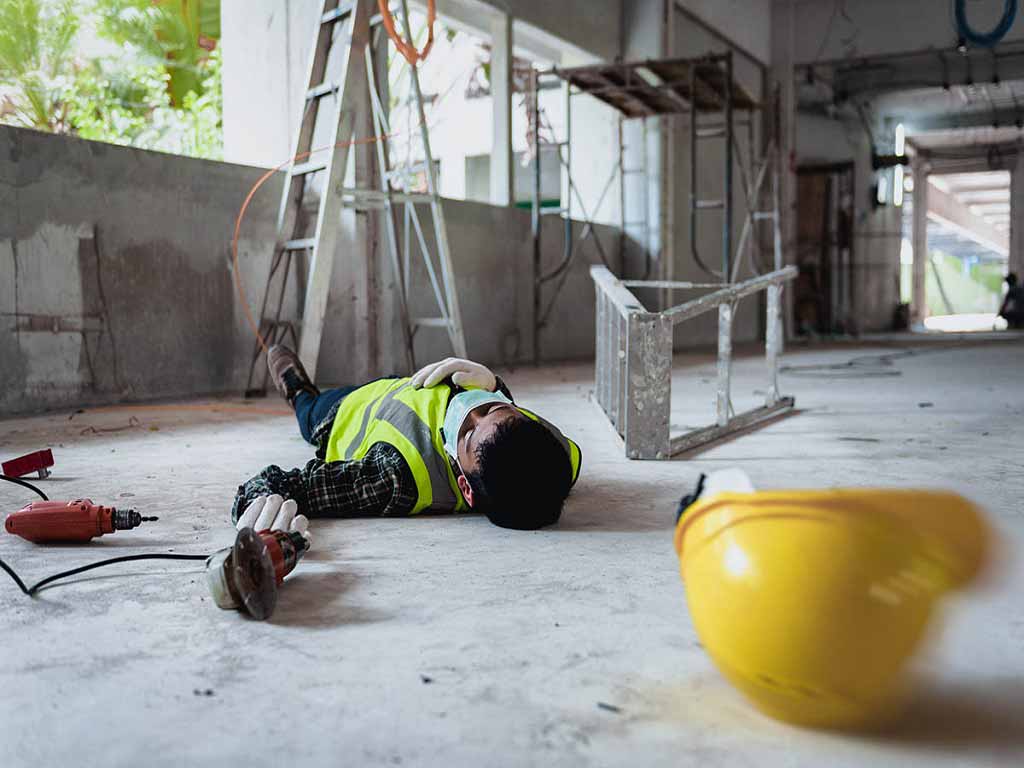
Conducting a drug test after an accident at work is vital for many reasons. It helps employers determine if alcohol or drug use is a factor. In addition, it is a part of a company’s policies to handle untoward incidents. This helps them mitigate legal risks that may arise. It provides evidence or support that the management is doing everything it can to ensure workplace safety. Knowing if illegal substances are involved can help employers make informed decisions.
Many factors can lead to workplace accidents. Thus, employers utilise all practicable methods to manage preventable risks, such as drugs and alcohol. Drug testing is one of the preventive measures to minimise injuries and fatalities in the workplace. It is a standard requirement for high-risk industries involving the operation of heavy machinery. In this article, we will present the reasons and considerations in drug testing after an accident. It will also include the procedures and handling of test results.
Why Conduct A Drug Test After Accident At Work?
The need for a drug test after accident at work helps employers protect their business and employees. Companies are accountable for workplace safety, and negligence can lead to serious consequences. Hence, the primary purpose of the test is to identify if illegal drugs or substance abuse played a role in the incident.
It is essential for employers to know the cause of the accident to take appropriate action. If a worker is under the influence of drugs, it could indicate a serious violation of the company policy. Therefore, the result of the test can help employers decide on implementing disciplinary actions or assistance for rehabilitation. Moreover, it can help them review their policies and develop strategies to address issues.
Workplace drug testing protects the company from potential legal liabilities. Organisations have a duty of care to ensure that workers are in a safe environment. If drug use results in workplace injuries or property damage, the affected individuals may file a lawsuit against the company. Therefore, employers can gather evidence to defend themselves against any claims of negligence.
Legality Of Conducting Tests
- Drug testing at work is legal in many jurisdictions.
- High-risk industries, like mining and transportation, are mandated to conduct regular drug and alcohol tests.
- Companies must establish a drug and alcohol policy to enable workplace testing.
- The workplace policy must include the list of prohibited substances, procedures for testing, when to conduct the test, and consequences of failed test results.
- The policy and testing procedures must adhere to state or federal laws.
- An employer may require workers to submit to drug tests if it is a condition of their employment.
- Employees must understand the purpose of the test and sign a consent form before testing.
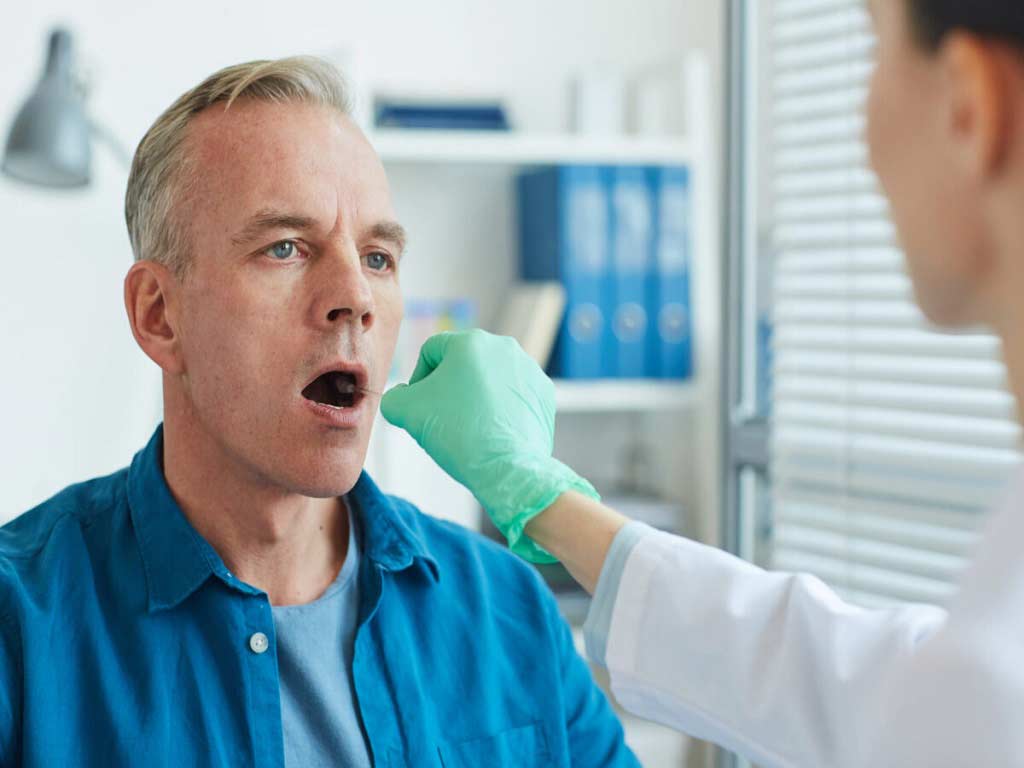
Procedures of a Drug Test After Accident At Work
A drug test after an accident at work is essential as part of their investigation into the incident. Generally, the test must be conducted within 2 to 32 hours after the accident. It is critical to administer the test within the time frame to trace any substances in the system. After several hours have passed, some drugs may not be detectable in the test specimen.
The common procedures are urine, saliva, breath, and blood testing. Urine tests can detect a wide array of prescription and illegal drugs. It can also trace them for an extended period. If urine samples are not available, employers may utilise saliva tests. The saliva samples can trace illicit drugs within a short time. Thus, it can reveal recent usage.
Additionally, a breath test can trace alcohol consumption within the past 24 hours. A breathalyser device can also measure Blood Alcohol Concentration (BAC) or the amount of alcohol in the system. Finally, a blood test can detect substances up to 6 to 12 hours. It is the most accurate test and can measure levels of drugs precisely.
Accuracy And Reliability of Test Methods
Post-accident drug tests are vital to determine the causes and factors of the incident. Companies must use reliable methods and devices to get accurate results. Many use saliva testing because of its short detection window. If the result comes out positive, it is necessary to send the sample for further laboratory testing.
Confirmation tests help employers to identify the exact type of drug and its concentration. Furthermore, organisations and testing partners use various standard procedures, from sample collection to chain of custody, to ensure the reliability of the test methods. This helps prevent contamination of the samples that may impact the results.
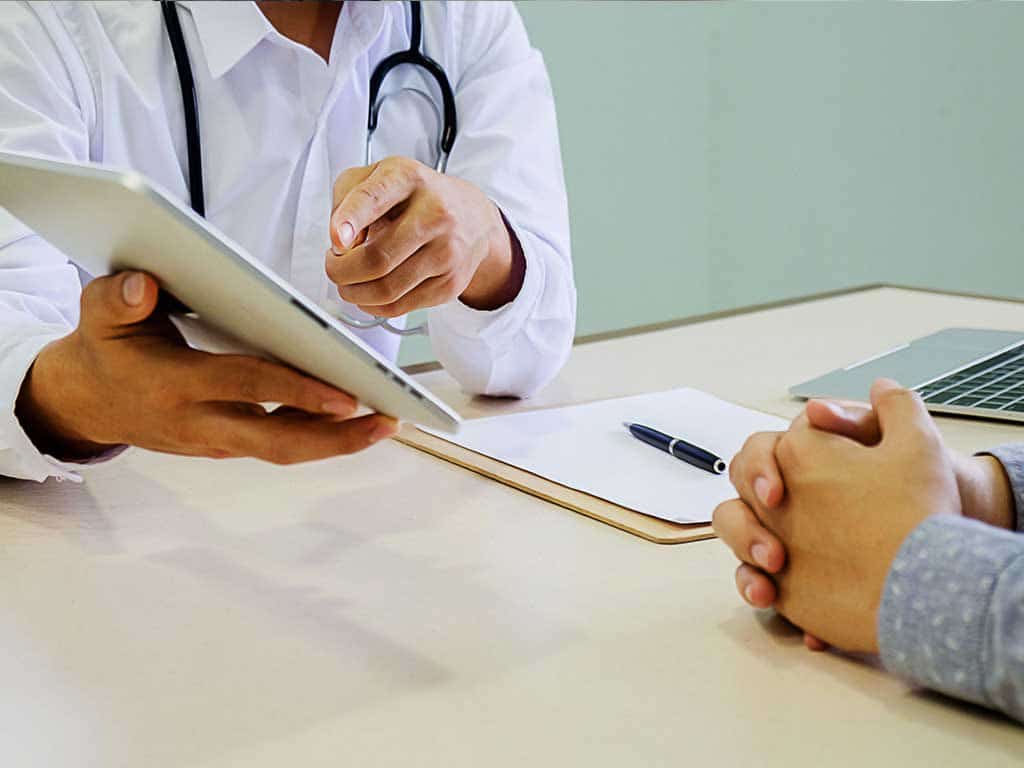
How To Handle Results of a Drug Test After Accident At Work
Initial drug tests after an accident at work may return with negative and non-negative results. A negative test indicates that a person is not under the influence of alcohol or drugs. Therefore, the incident may be due to factors other than impairment. On the other hand, a non-negative result means that substances are found in the system.
A confirmation test will validate the initial screening. If illegal drugs are present, a Medical Review Officer (MRO) declares the test result as positive. In some cases, a failed initial test can be due to other reasons. For example, prescription drugs may show up in the result. The MRO will investigate the results and determine if a medical explanation is needed.
Hence, it is necessary to wait for the final report before taking any action. Employers must keep records of all information related to the workplace incident and drug test results. The data must remain confidential and only be discussed with the concerned individual. A company policy can outline the options available for disciplinary action.
Handling Non-negative Results
Dealing with non-negative results is sensitive and requires careful consideration. Companies should follow their drug policies in such situations. Generally, the employee may be subject to suspension or termination. An employer may also offer rehabilitation assistance to help individuals with addiction issues.
The employee also reserves the right to contest the result if they deem it inaccurate. Therefore, employers need to ensure they are following all relevant laws and regulations regarding drug testing in the workplace. This includes respecting the rights of the workers and providing them with the opportunity to appeal the results. A comprehensive policy can ensure fairness and transparency throughout the process.
Conclusion
Drug use may cause severe impairment, leading to slower reaction times and bodily injuries. A drug test after an accident at work is a necessary step to determine the cause of the incident. Employers may use various methods to detect illicit substances that cause impairment. Oral fluid and blood tests are suitable for post-accident tests due to their short detection window. Moreover, it is crucial to conduct the test immediately to ensure the reliability of the results.
Companies must take careful consideration when handling non-negative results to avoid legal issues. If the initial screen detects drugs, a confirmation test is necessary to validate the results. An employee may face consequences depending on the workplace policy. Organisations may also provide rehabilitation to assist individuals struggling with substance issues. Lastly, employers must apply all measures to prevent alcohol and drug-related issues from affecting the workplace.


















